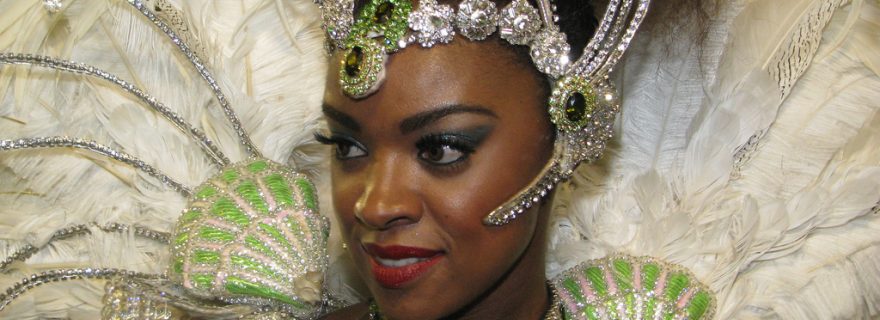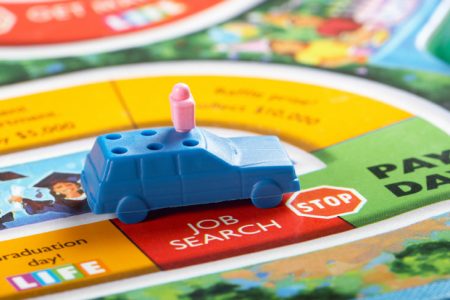How to be successful?
How can we become more successful? How can we achieve more in our jobs? And how do we become more efficient in our daily lives? These are central questions, especially in professional life. But what is success?
Many people are inclined to measure success in money. The higher the salary, or the bigger the bonus, the more prestigious the job and the more money to spend in daily life, the more successful in life a person is. A good strategy to maximize your success then would be to search for the best available options, to get the best paid job, and to find the best deals. Social-psychological research shows that this tactic does indeed lead to better paid jobs and better purchases than when people merely search for options that they feel are good enough for them. However, the same research also shows that the people who maximized their options were less happy with their jobs and their purchases than the people who searched for satisfying options. So who is more successful in life, the maximizers with their higher salary or the satisfiers with their higher satisfaction with their choice?
These results illustrate that money isn’t everything, because more money does not necessarily lead to more happiness. Does this mean that money never increases happiness? Or that the Dutch proverb “money cannot buy happiness” is true after all? Social-psychological research shows things are not always so clear-cut. Or, to quote our colleagues Elizabeth Dunn, Daniel Gilbert and Timothy Wilson: “If money doesn't make you happy, then you probably aren't spending it right”. In their overview article with the same title they propose eight principles based on social-psychological findings that should help people to spend money in happiness-increasing ways. Below, you will find our top 3 of these recommendations:
- Spend your money on experiences, not on products. For example, spend it on a trip to Rio de Janeiro to celebrate carnival instead of that big wide-screen TV set.
- Spend money on others instead of yourself. For example, on that holiday in Rio give rounds to your friends instead of only buying cocktails only for yourself.
- Buy many small items instead of one big one. For example, when buying drinks it is better to buy several small shots instead of one big piña colada.
Thus, these insights indicate that maximizing financial wealth may not necessarily increase well-being. However, they also show that this decrease in happiness might be compensated for with the right purchases. If maximizers spend their extra wealth on experiences, others, or multiple small pleasures, they might increase happiness after all.





